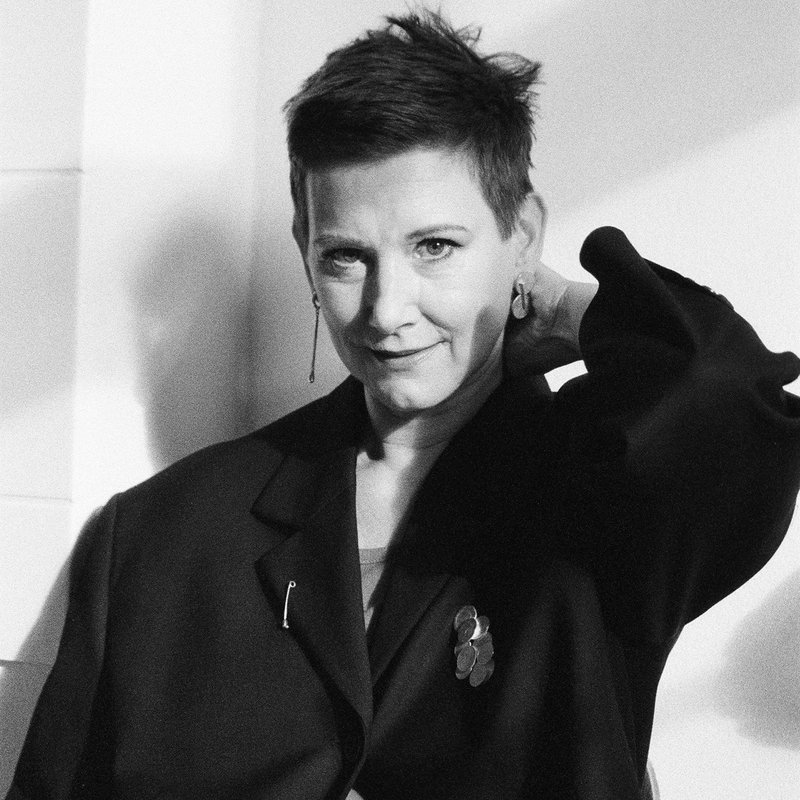Clémentine Deliss
Day 2: Unlocking History and New Narratives

Perspective
Clémentine Deliss, Associate Curator, KW Institute for Contemporary Art, Berlin, Germany
The Museum of Remediation
During the lockdowns in 2020-21, museums in Europe were largely closed. As the pandemic waned, entry was restricted to the vaccinated, and precautionary measures prevented both the production and consumption of exhibitions. The impact of this condition in 2022, coupled with the effects of the war in Ukraine, and global ecological questions occasions a necessary rethink of the sustainability and timeframes of exhibition programming, and of how a museum can care for, protect, and educate its visitors, especially those in a liminal state between trauma and joy. The Museum of Remediation addresses the central role played by collections in the redesign of museums and exhibitions in the twenty-first century. While restitution takes its course, remediation addresses the looted cultural heritage of the Global South still held in serial quantity in European museums. In their multiplicity, these collections can become the metabolic generator of inclusive public education. Segments of diverse collections are brought together, placed on purpose-built mobile furniture, and studied in different constellations. Nothing is seen in isolation or atomized by a singular disciplinary norm of contextualization. Through an alternative implementation of the collection, museums fulfill their role as civic venues for democratic inquiry, for the learning and flourishing of every individual, regardless of age, class, race, or education. The public shifts from consumer to student, and exhibits become channels of decolonial healing and transdisciplinary innovation. To enter a museum, no exam is necessary.
BIOGRAPHY:
Dr. Clémentine Deliss works across the borders of contemporary art, curatorial practice, independent publishing, and critical anthropology. She is currently Global Humanities Professor of History of Art, University of Cambridge, and Associate Curator of KW Institute for Contemporary Art, Berlin, where she is developing the Metabolic Museum-University. Between 2010–15, she was the director of Weltkulturen Museum in Frankfurt, where she instituted a new research lab for post-ethnographic research and developed several exhibitions including Object Atlas – Fieldwork in the Museum (2011); Foreign Exchange (or the stories you wouldn’t tell a stranger) (2014); and El Hadji Sy – Painting, Performance, Politics (2015). In 2016, she directed Dilijan Arts Observatory in Armenia for the exhibition Hello World. Revising a Collection, National Galerie im Hamburger Bahnhof, Berlin. In the same year, she was Visiting Professor at the Ecole nationale supérieure d’arts Paris-Cergy and held an International Chair at the Laboratoire d’excellence des arts et médiations humaines, Université Paris 8 and Centre Georges Pompidou. In 2018–19, she was Interim Professor of Curatorial Theory and Dramaturgical Practice at the Karlsruhe University of Arts and Design. Between 2019–20, she taught at the University of Fine Arts, Hamburg. She is a Fellow of the Institute of Advanced Study, Berlin, and mentor of the Berlin Program for Artists and Faculty at Large of SVA Curatorial Practice. Her book The Metabolic Museum (2020, Hatje Cantz) came out in Russian translation in 2021, published by Garage Museum, Moscow.